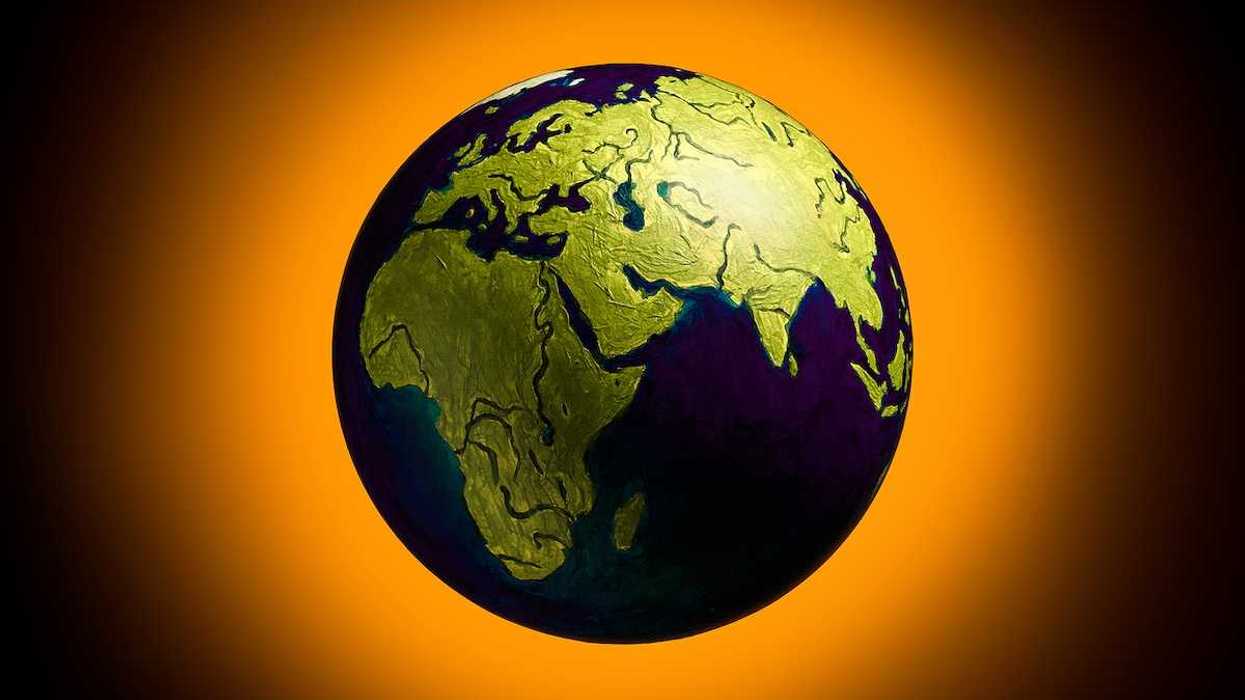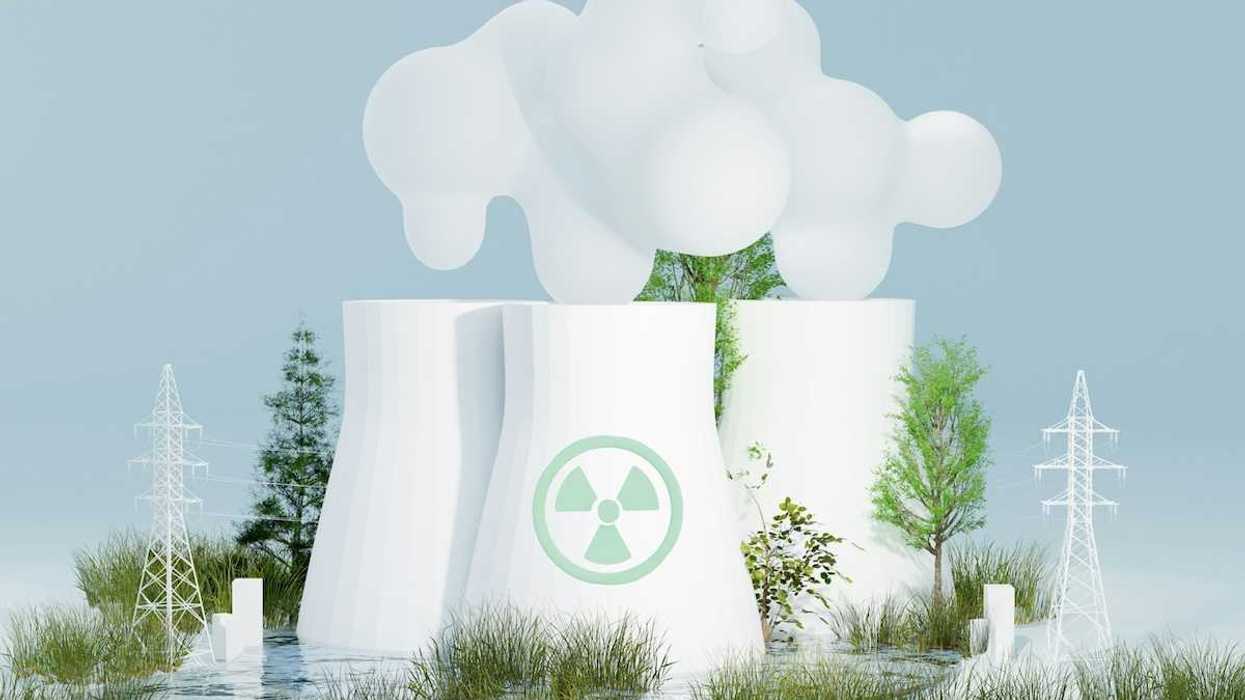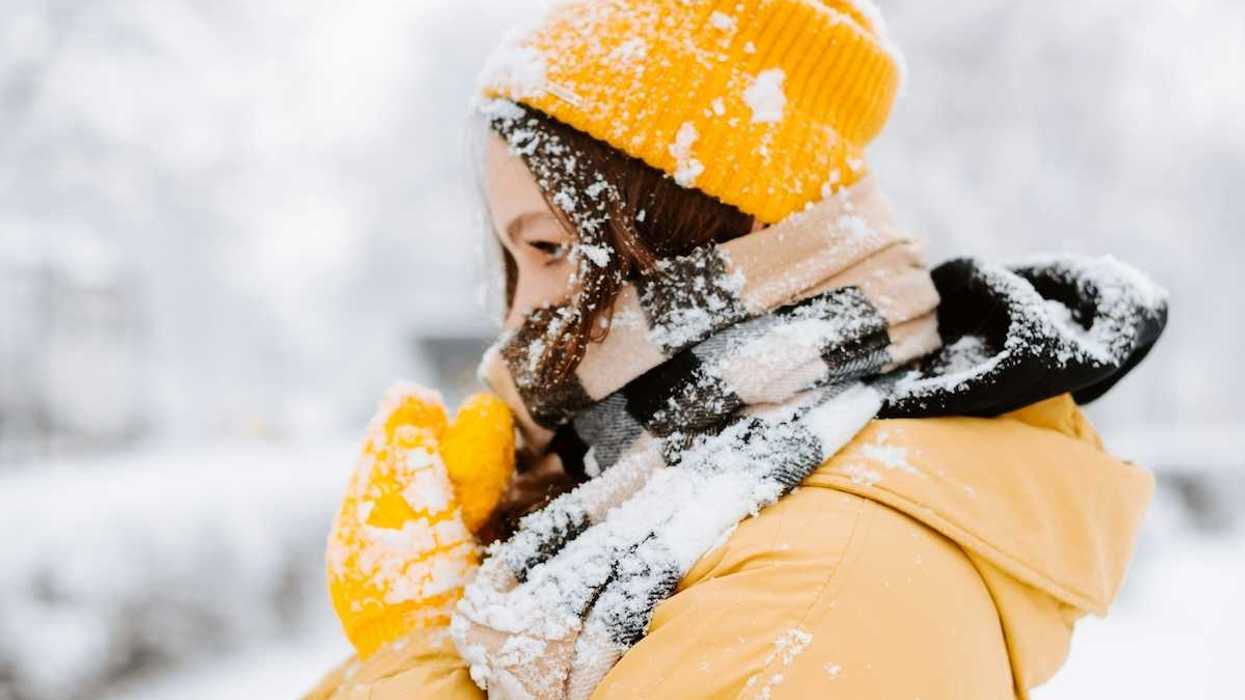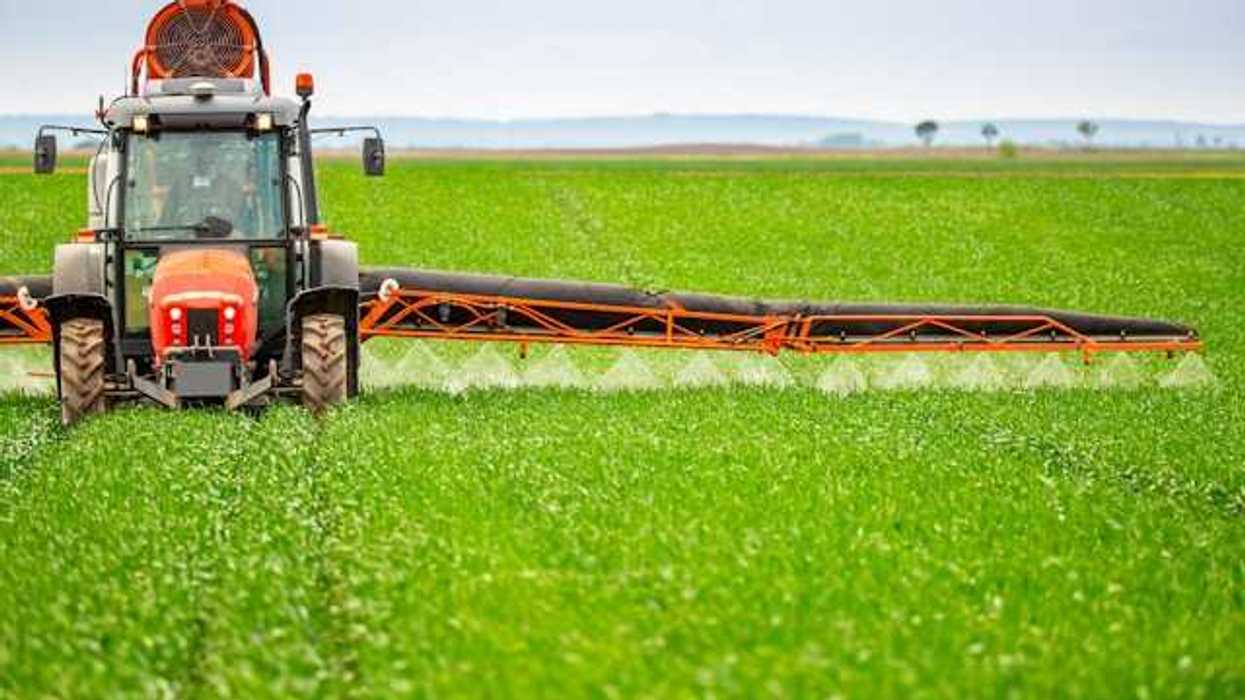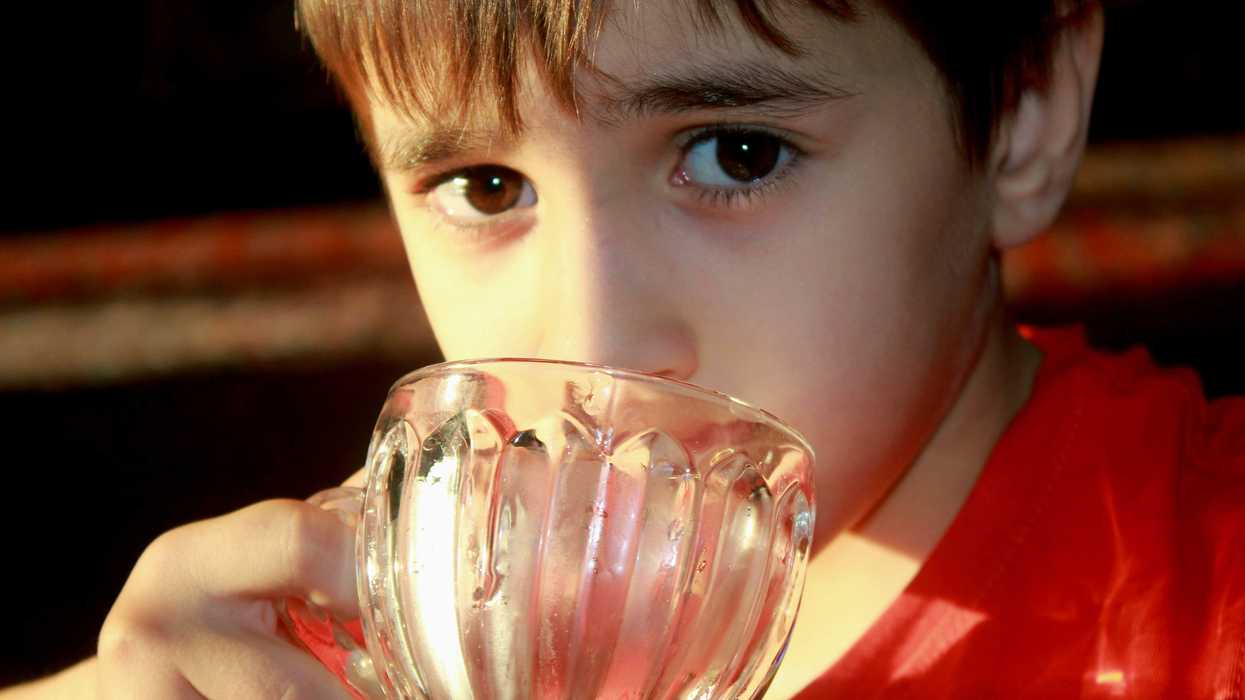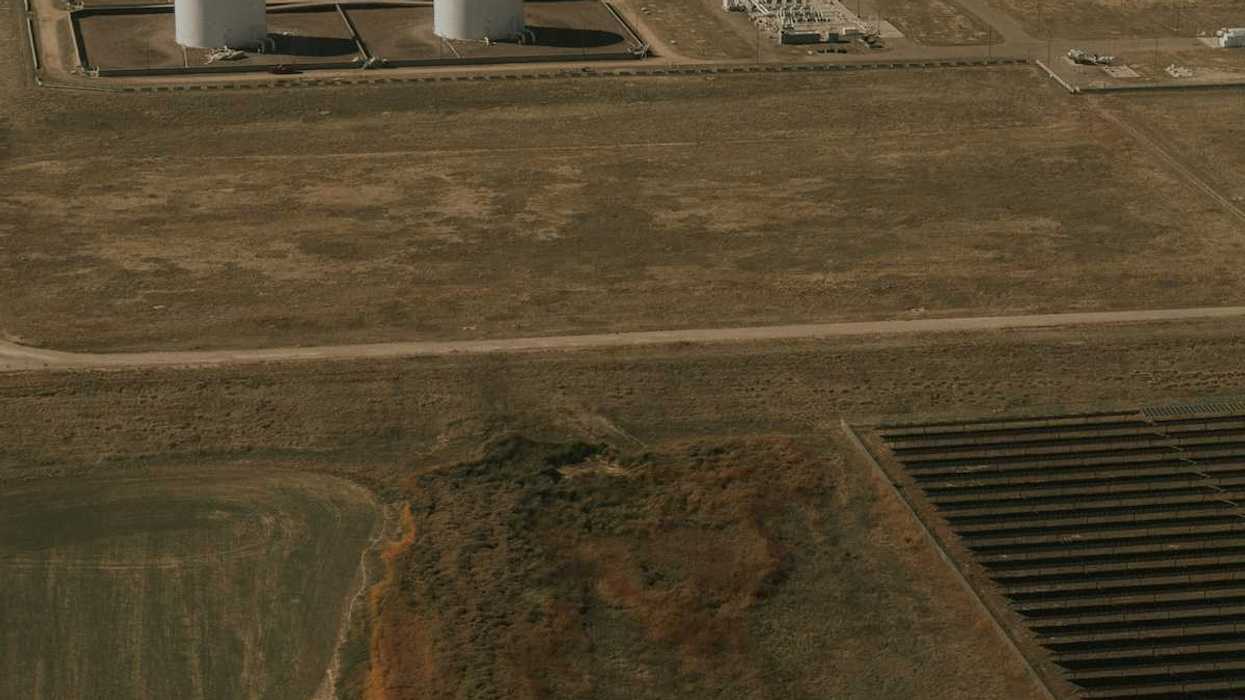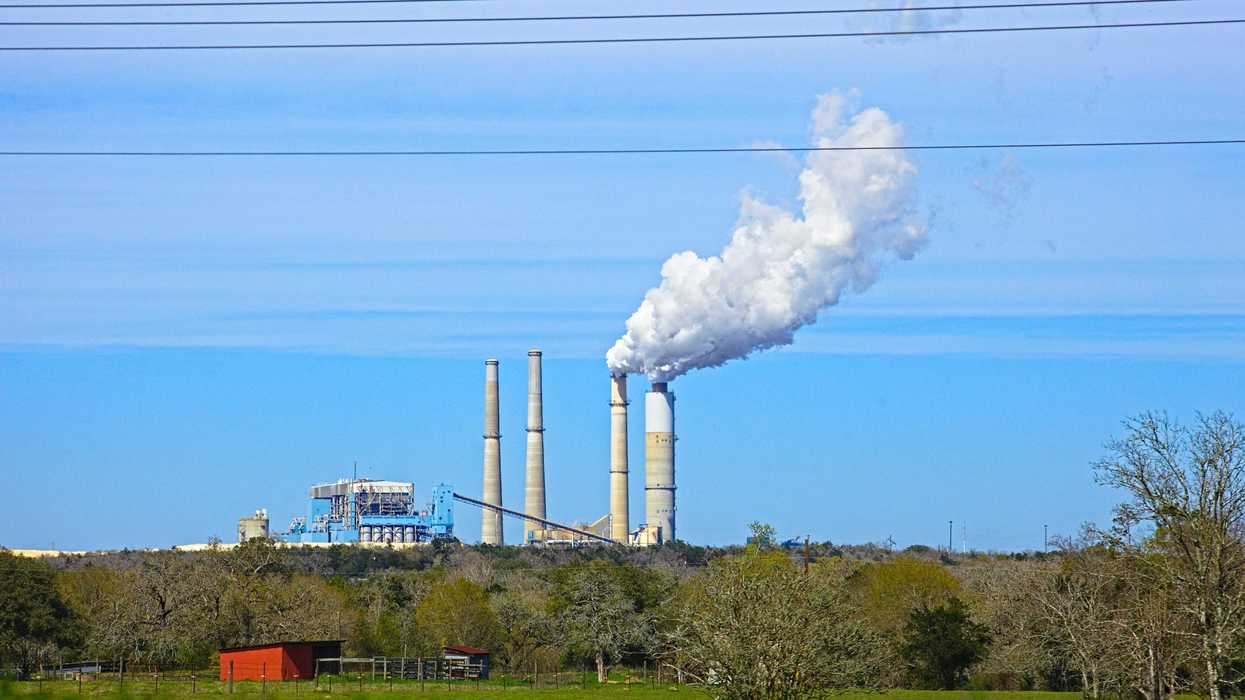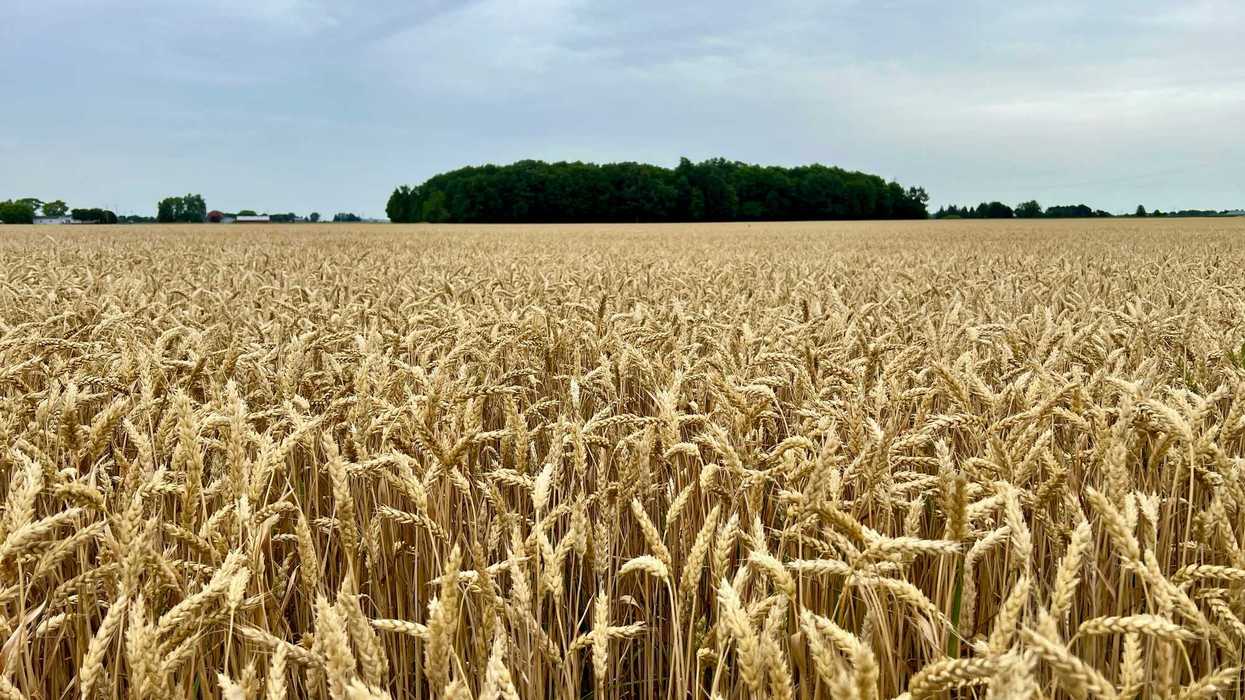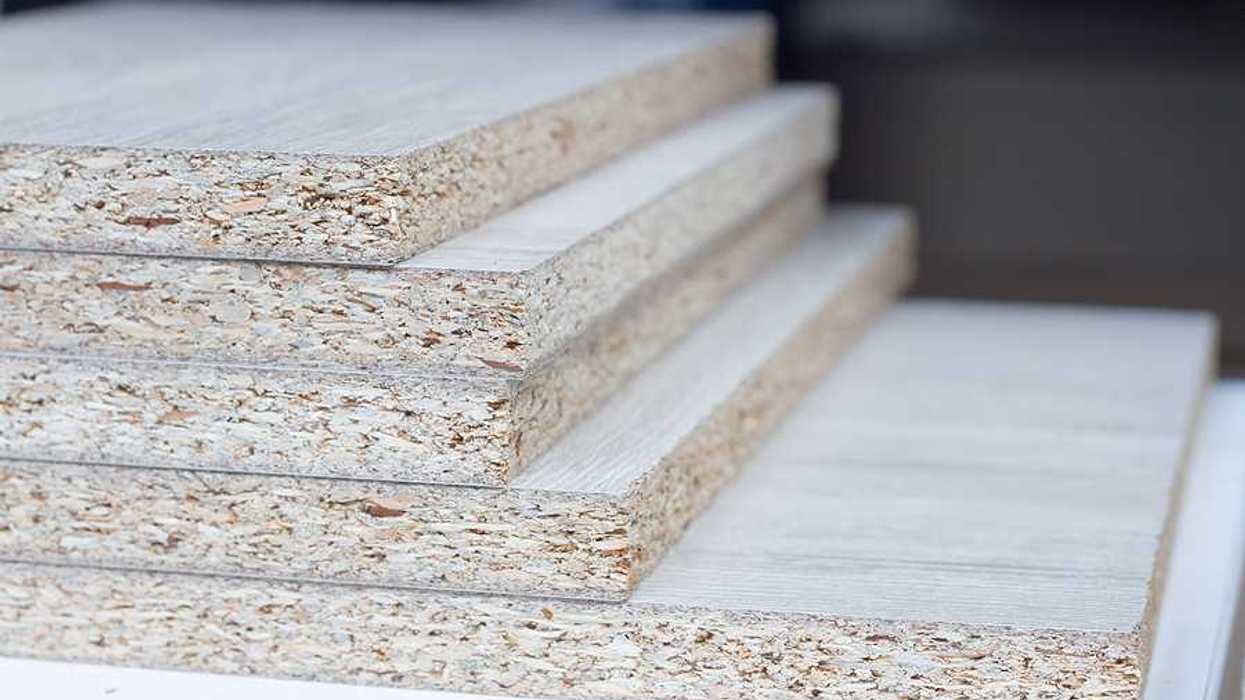A blast of Arctic air has brought prolonged cold to much of the U.S., with experts pointing to climate change as a factor in the polar vortex disruptions behind the frigid weather.
Seth Borenstein reports for The Associated Press.
In short:
- A deep dip in the jet stream is channeling Arctic air south, bringing prolonged below-average temperatures to the eastern U.S.
- Scientists link the shifting polar vortex patterns to rapid Arctic warming, which is affecting global weather systems.
- The Arctic is warming four times faster than the rest of the planet, contributing to more frequent cold spells despite overall warming trends.
Key quote:
“Climate change does not mean that we will expect to see no more cold weather. It just means that the average temperature overall is going up and we still expect to see colder shots.”
— Dan DePodwin, AccuWeather director of forecast operations
Why this matters:
Disruptions in the polar vortex can lead to extreme weather events, highlighting how a warming Arctic impacts global climate patterns. Understanding these changes helps prepare for future climate-related disruptions that affect public safety, infrastructure and energy systems.


